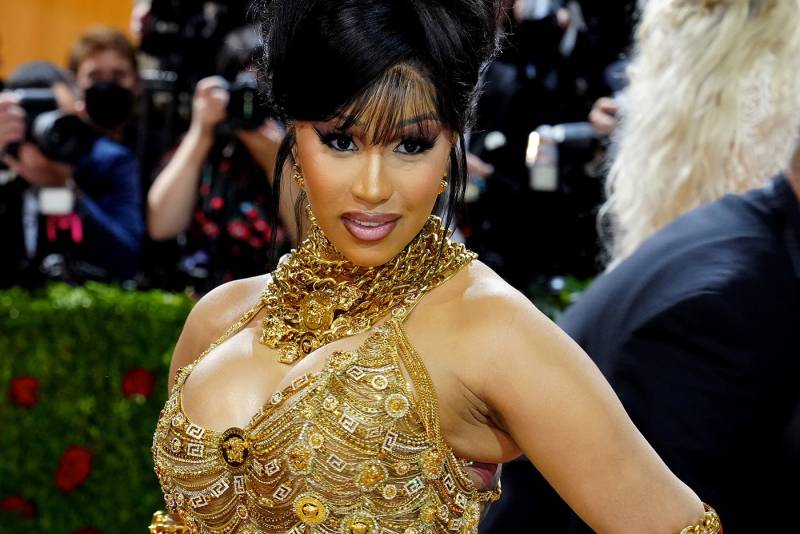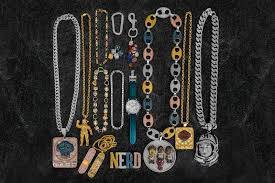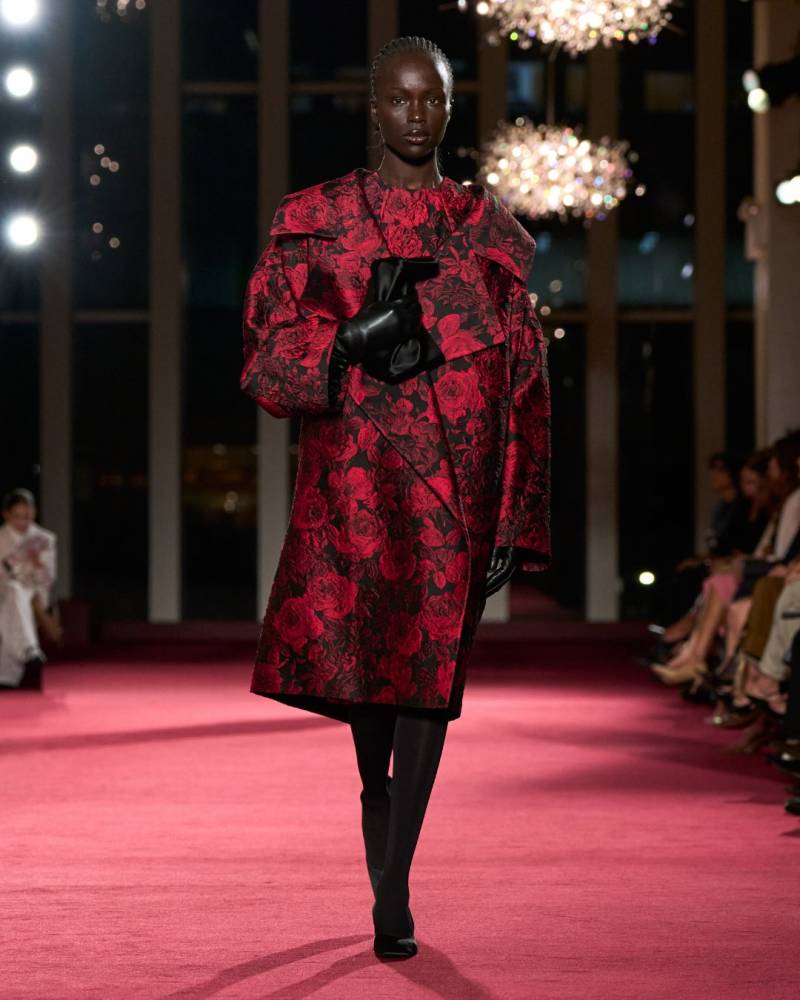Kevin Michael Brophy Jr. is suing Cardi B for $5 million USD over the cover art of her 2016 mixtape Gangsta Bitch Music Vol. 1, which sees a man seemingly giving the rapper oral sex in the back of a vehicle. According to reports, Brophy Jr. claims that the artwork “ruined” his private life, as the tattoo seen on the back of the man is actually part of a tattoo piece on Brophy Jr.’s back.
Read Also: Chad declares emergency amid exceptional flooding
It was revealed in court that a digital artist found the tiger and serpent tattoo on the internet and superimposed the body art on the model of the cover, replacing the man’s original cartoon-style back tattoo. “It looks like I’m giving oral sex to somebody that’s not my wife, somebody that’s not my partner, and an image that I never signed off on, ever,” he said. He further called the cover art “completely raunchy [and] disgusting,” continuing, “Being a father of two and a devoted husband and a man of faith as well, this goes against everything that I stand for, and I would never ever sign off on something like this.” Meanwhile, the court filings of Cardi — who was present in the trial — allege that she was not aware of the digital artist superimposing the tattoo on the model, adding that the model is evidently not Brophy Jr. because the man has dark hair and does not sport Brophy Jr.’s “Born to Lose” neck tattoo. “That’s a Black man with hair, and this is a white man with a shaven head,” Peter J. Anderson, the rapper’s attorney, said as he compared Brophy Jr. and the model.
He also asserts that, aside from the tattoo artist, Brophy Jr. and his wife “have been unable to identify anyone” who recognized the tattoo to be Brophy Jr.’s and spoke to them about it, and that the tattoo artist — who owns the copyright to the artwork — has never sued over the cover. Anderson also claims that the lawsuit is “a self-inflicted wound” as Brophy Jr. only began receiving texts and hearing jokes in “poor taste” after the lawsuit was publicized, “He caused that by identifying himself when no one else had identified him as being the person in the image.” The photoshop work was also supposedly “altered and manipulated to such a degree” that it is now considered a “newly created piece of art” that is protected by the First Amendment.




